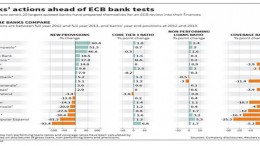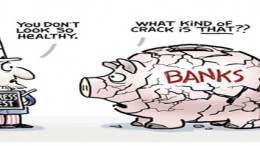The idea that central banks “need a financial stability mandate” keeps coming back
SAO PAULO | By Marcus Nunes via Historinhas | Even in Sweden, where 4 years ago the Riksbank decided there was “too much debt” and raised rates to “calm people down”. That, as we know, ended in grief and with the head honcho being outvoted (first time that happens) in the last policy committee meeting, when the policy rate was lowered by 50 basis points to 0.25%.






